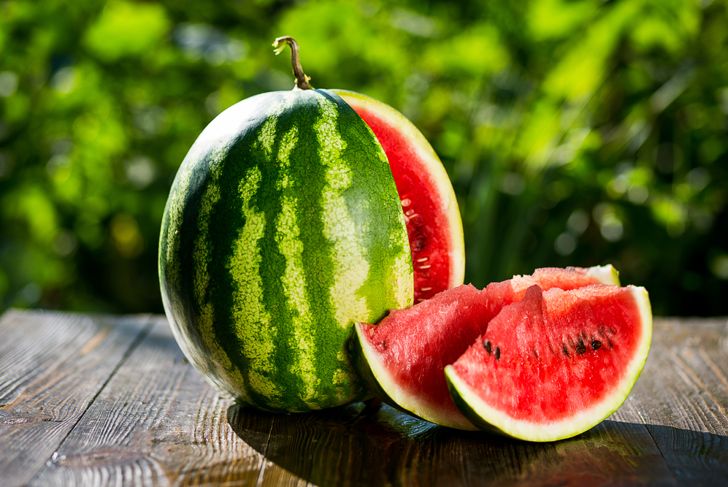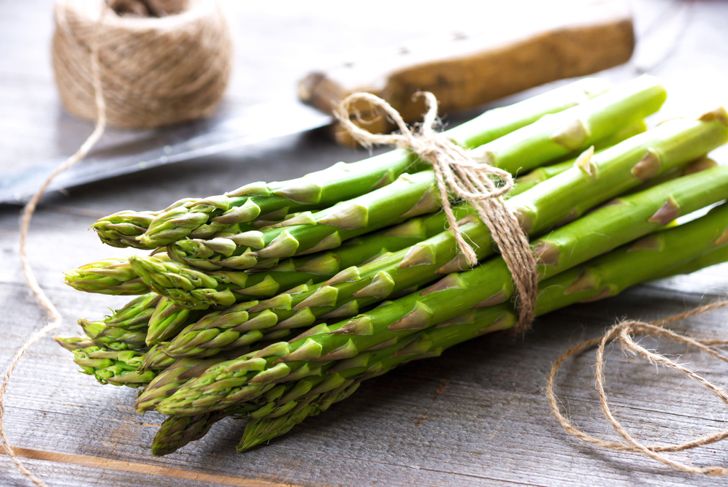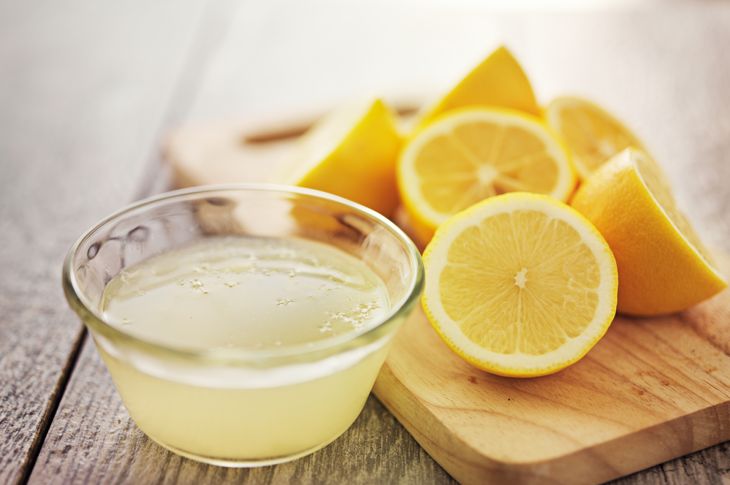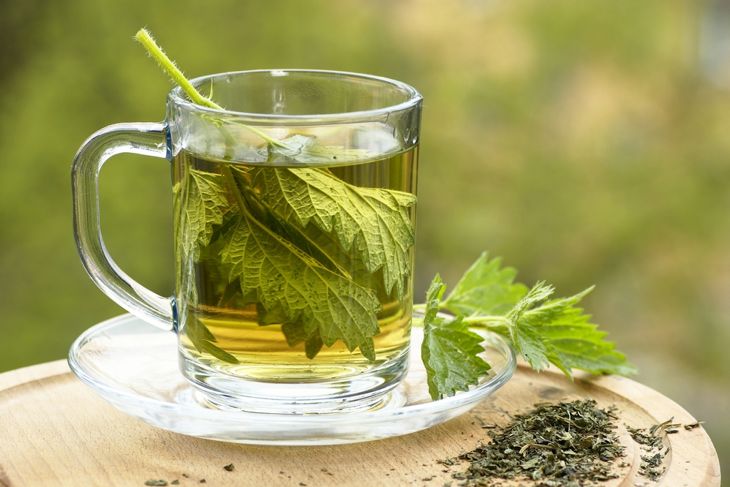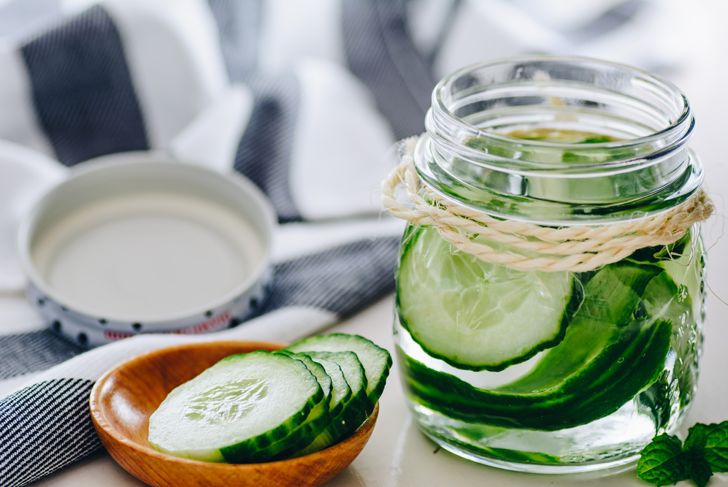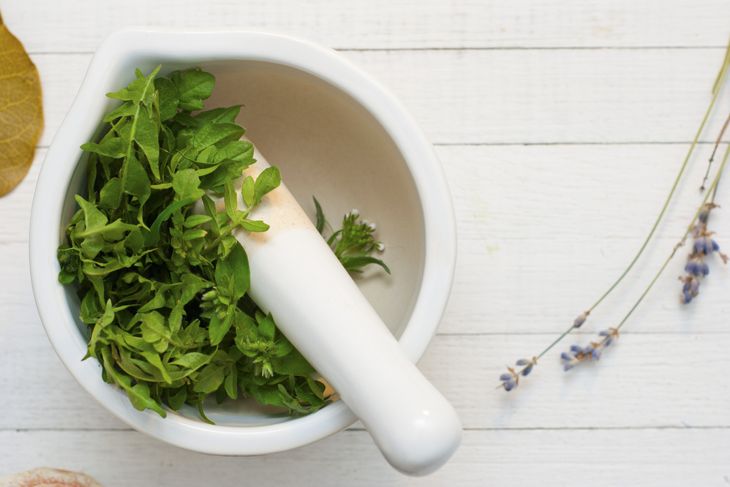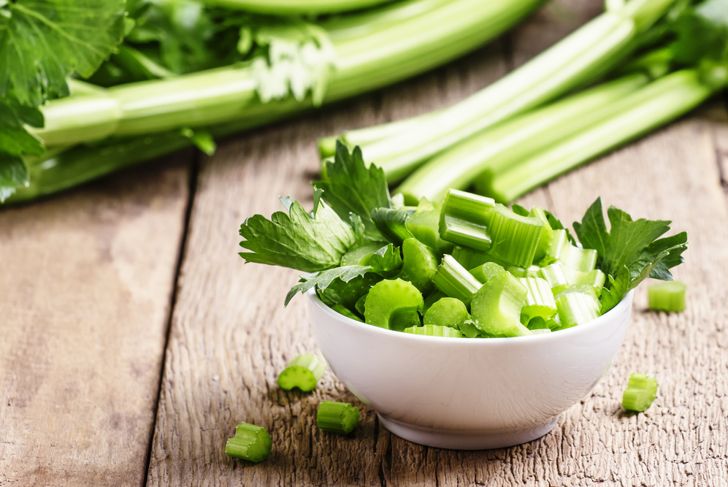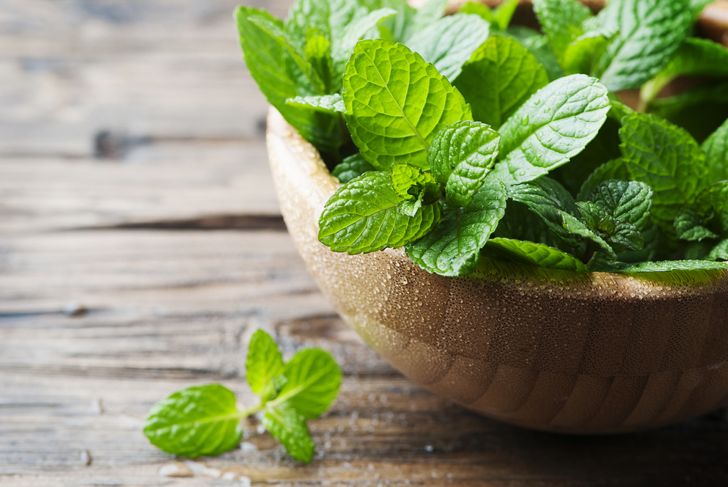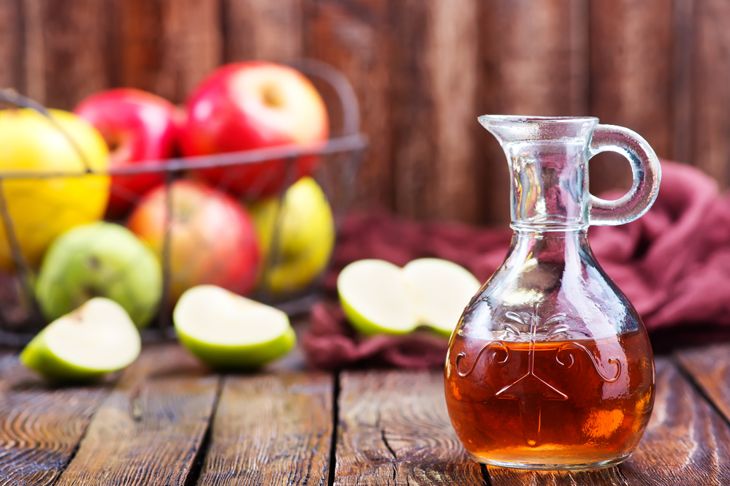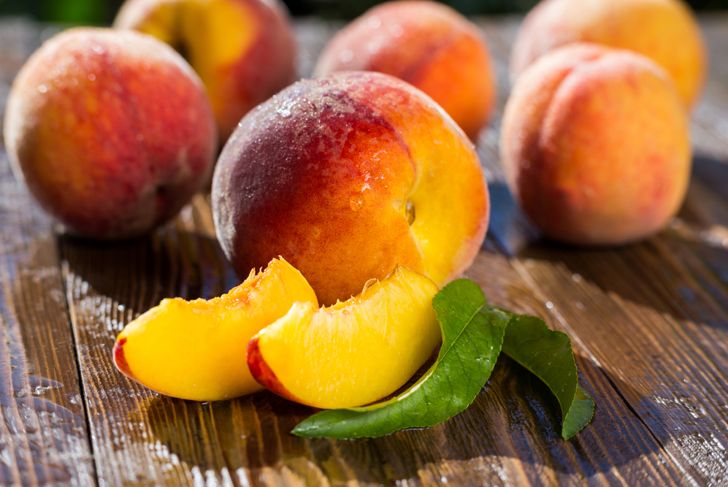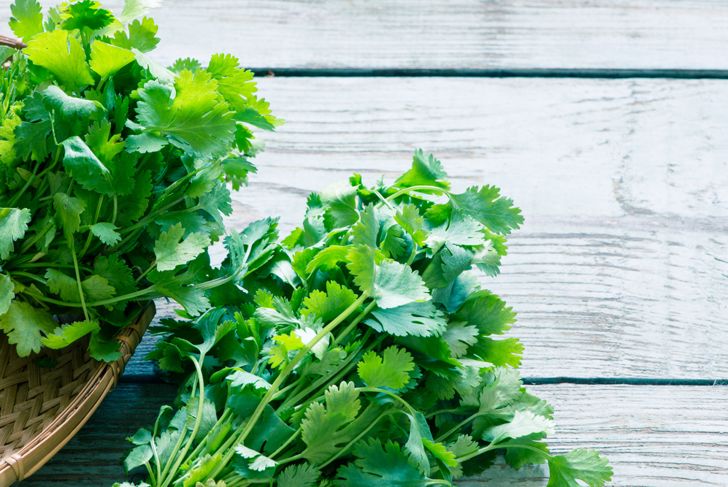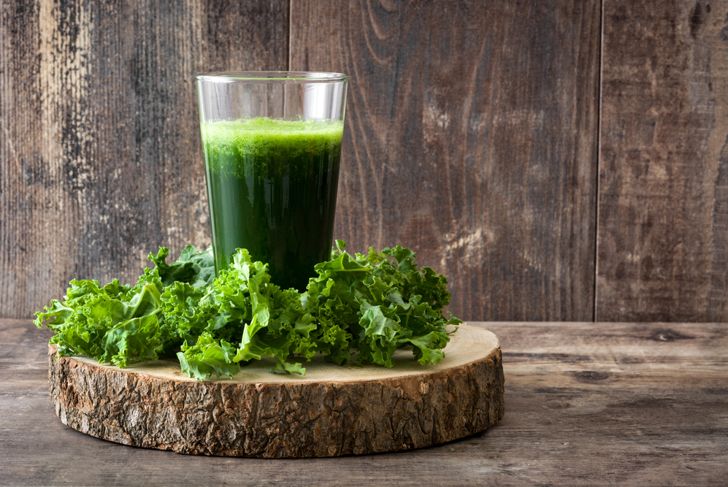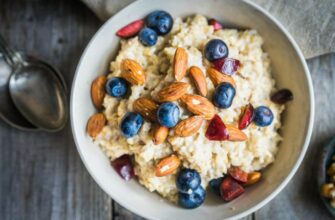Extra water in the body from a high sodium diet or a health condition can lead to uncomfortable feelings of water retention and swelling. To rid yourself of excess water, you might be tempted to drink less, but this can lead to dehydration and will not always have the desired effect. Diuretics are an alternative option. These foods and drinks cause increased urination, ridding the body of excess fluid. Natural diuretics can help people with preliminary weight loss and improve gut health. Ensuring fluids are in balance allows electrolytes to remain balanced as well, improving brain and full-body health.
Watermelon
This summertime fruit is more than 90% water. It is best eaten in its natural form, because most popsicles, juices, and other frozen variations have added sugar. As a diuretic, watermelon is ideal. Fiber helps slow and regulate the digestive system, while the high water content maintains hydration. Watermelon can help flush out your system. Enjoy watermelon on its own or in a fruit salad with fresh herbs. It is an especially good complement to spicy foods, making a great salsa or chutney.
Asparagus
Asparagus can pass fairly quickly through your body; the pulpy flesh is a natural diuretic with a distinct byproduct. The stalks themselves are full of dietary fiber, which keeps your digestive system regular. While it may cause more water retention at the beginning, a high-fiber diet can help keep you from retaining water in the long run. When digestion is disrupted, the body retains excess water to help the process. Keeping a high-fiber diet ensures an even flow of food through your gut.
Lemons
Sipping a cup of hot water with lemon is a fantastic way to jumpstart your day. Skip the tea or coffee with extra cream and sugar; lemons are a diuretic and help flush your system. If you feel bloated, drinking more water seems counterintuitive, but the best way to prevent your body from retaining water is to keep it hydrated. Your body knows it is safe to release the excess because it can depend on a steady supply. Like other citrus fruits, lemon juice will get rid of excess water and harmful toxins.
Nettle Leaves
You might find it difficult to incorporate nettle leaves into your diet, but it’s easy to add to tea or salads. Nettle leaves are rich in minerals and vitamins and contain a compound that supports general detoxification and helps with frequent urination problems at night, especially for men. Some people also enjoy cooking with fresh nettles, adding this herb to roasted chicken or fish.
Beets
Much like asparagus, beets have a visible diuretic effect. Soon after you eat them, the vegetable goes right through the GI tract and is easily processed by the liver. Beets are high in fiber, helping you to remain full longer and enjoy more regular digestion. If you don’t like eating beets, they make a great addition to fresh-squeezed juices, mixed with apple, carrots, and ginger. This makes a potent anti-inflammatory that helps flush your system.
Pineapple
PIneapple, while not a citrus fruit, offers similar high-fiber and diuretic benefits. Dried pineapple root has been used as a traditional African method for reducing the symptoms of edema, a condition characterized by chronic fluid retention. Like watermelon, pineapple is full of water and tastes delicious. Try slicing and grilling it alongside burgers or steaks.
Horsetail
Horsetail is a specialty herb used in several cultures as an herbal remedy for fluid retention and bloating. The herb contains flavonoids and other substances to support and maintain cellular integrity, encourage healthy urinary tract function, help ensure healthy fluid levels, and support blood function. It is most easily found as a supplement, but the herb itself can be made into a tea, best steeped with some lemon.
Cucumbers
High in fiber, mild in taste, and a natural source of vitamin-infused water, cucumbers are a hydrating diuretic. Eating the vegetable quickly helps the body shed excess water. Including diuretic foods in your diet is a natural way to release fluids from your body to boost your gut health, lose weight, and feel better in general.
Dandelion Leaves
Dandelion leaves are a natural diuretic. The greens taste bitter, but they can make a nice addition to salads, especially with honey or lemon. They contain various vitaminsand minerals like potassium, as well as other compounds that encourage proper fluid levels and stimulate healthy urinary flow.
Celery
This crunchy vegetable is high in fiber and low in calories, which makes an ideal snack for people striving to reduce their caloric intake. It also has a high water content, so it helps the body wash out excess fluid and other toxins. Dipping celery into peanut butter or hummus makes a healthy, crunchy treat, or it can be cooked in soups or added to stuffings.
Mint
In addition to freshening your breath, mint can also help keep you from bloating. The herb treats fluid retention naturally and also boosts digestion in people who feel bloated after eating. Making a fresh mint tea a few hours before bed can help settle the stomach and aide digestion, improving sleep.
Apple Cider Vinegar
Apple cider vinegar is a natural remedy for many ailments. Not only is apple cider vinegar believed to help lower and regulate blood pressure, but the mixture is high in potassium and other nutrients as well. Take a spoonful of this bitter liquid mixed in a glass of water to stop bloating before it starts. It also makes a great addition to salad dressings.
Peaches
Peaches are a natural laxative and diuretic, keeping you regular by providing the essential fiber needed to feel fuller, longer. This is especially helpful for those on a low-calorie diet or people with metabolic syndrome. Peaches taste wonderful fresh or can be added to juices or smoothies. Just remember that peach cobbler is not going to have the same curative effects!
Cilantro
Not only is cilantro an ingredient in many ethnic cuisines, adding a refreshing aroma and flavor to Indian curries, Thai soups, and Mexican salsas, but it is also a diuretic. For a great diuretic salad, try combining cilantro with parsley, avocado, and lemon juice. This herb is a good addition to green smoothies, too.
Kale
Kale can easily be incorporated into salads, smoothies, and juices. It is high in nutrients and loaded with water. In addition to serving as a healthful and natural diuretic, adding kale to your diet boosts antioxidants, magnesium, calcium, and vitamin K.

 Home
Home Health
Health Diet & Nutrition
Diet & Nutrition Living Well
Living Well More
More